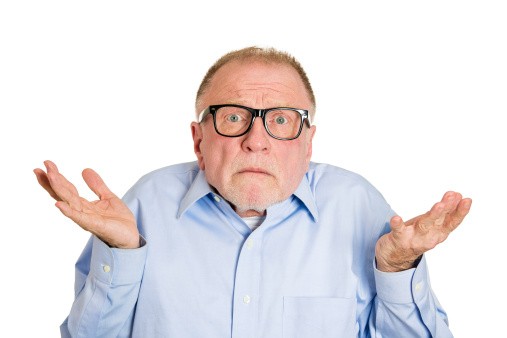Ray is a loving father and a good friend who enjoys helping others. He helped his son build a deck, assisted his friend in finding a home, and even does his daughter’s taxes on Turbo Tax each year. However, when it comes to estate planning, incapacity planning, and/or Medicaid planning, Ray realized he could not do his own planning or offer his assistance to others. Why?
Although he has good intentions, Ray is not a lawyer. And those who practice law without a license can cause great harm to the person they are trying to help and their families. In addition, those who practice law without a license – as well as the person who uses the non-lawyer – will be subject to criminal penalties.
In Virginia, it is illegal to prepare or help to prepare any legal documents for another person. In fact, unauthorized practice of law is a Class 1 misdemeanor and can subject you to jail time for up to a year plus a fine of up to $2,500. The following is taken from the Virginia State Bar Professional Guidelines, Unauthorized Practice Rules (UPR), when it comes to estate planning: “A non-lawyer shall not, with or without compensation, prepare or draft, or cause his own lawyer to prepare or draft, for another, legal instruments of any character, including the filling out of a form for any will or trust.” (Read exceptions.)
In some other states, the penalties are even more severe. For example, in Florida, practicing law without a license is a third degree felony, with penalties including five years in prison. On January 15, 2015, in a case that focused on Medicaid planning, the Florida Supreme Court ruled (Fla., No. SC14-211) that non-lawyers are engaging in the unauthorized practice of law if they do any of the following:
- Draft a personal service contract;
- Determine the need for, prepare, and execute a Qualified Income Trust, including gathering the information necessary to complete the trust;
- Render legal advice regarding the implementation of Florida law to obtain Medicaid benefits, including advising an individual on the appropriate legal strategies available for spending down and restructuring assets.
The rationale behind the Florida ruling included testimony that described the type of harm caused by non-lawyer Medicaid planners, which can include denial of Medicaid eligibility, exploitation, and catastrophic or severe tax liability.
Hiring a non-lawyer or asking a friend or family member to handle Medicaid planning, Veterans planning, estate planning (e.g, preparing or downloading a Will or trust template) or incapacity planning (e.g., preparing or downloading a Power of Attorney or Advance Medical Directive for you to sign) may seem innocent and may save you money in the short run, but it will almost always prove to be a costly and painful mistake for you and is a criminal activity for the other person.
Likewise, although it’s not a crime to do these things for yourself, to avoid catastrophic results, estate planning, incapacity planning, Medicaid planning, and Veterans planning documents are not something you should do yourself, just as you should not perform surgery on yourself.
If you have a friend or loved one who hasn’t had the chance to meet with an Estate Planning Attorney this year, or if you or a loved one needs long-term care, please make an appointment for a consultation by calling us at 703-691-1888 in Fairfax, 540-479-1435 in Fredericksburg, 301-519-8041 in Rockville, or 202-587-2797 in Washington, DC.
Print This Page













